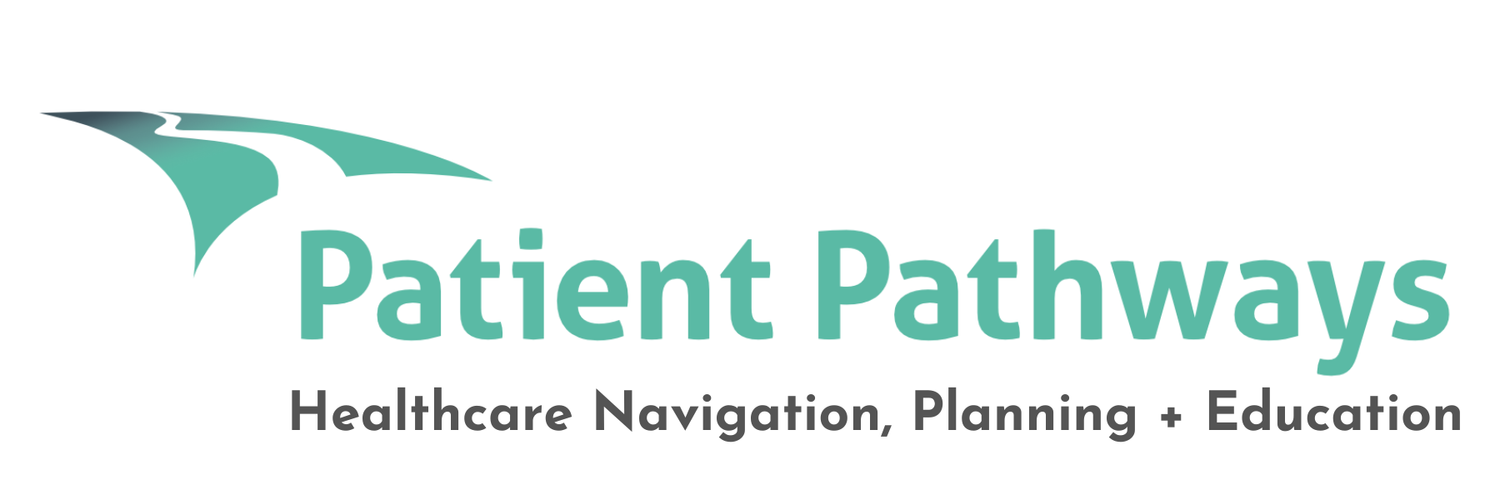Dementia Series: Introduction
Many of us are justifiably worried about developing dementia. By the time we reach 90, one in three will have developed it, and most of us will be affected by someone we love having it.
Not only does dementia slowly take away our memories, but it takes away our ability to function as independent adults. If we develop it, it will eventually cause us to rely on families, home care and institutional care for years. If we choose (or are forced to) pay for private care, that can add to the burden and drain the most robust bank accounts.
When we lose the ability to manage our day-to-day lives – and are unable to recognize that we are losing that ability – it puts a massive strain on our future decision-makers. The strain can be overwhelming and isolating. If we think about it (while we can still think about it), most of us would likely want to reduce the stress and worry about our care, treatment, and where would be the most appropriate place for us to live.
There is so much to discuss regarding capability and dementia that I have broken this topic into several blogs. I hope that you will read the articles, think about what you learn, and then have courageous conversations with those you love, especially those who might have to make decisions for you in the future.
Read more in the following dementia series:
As you read these articles, I would love to know your thoughts, concerns, feedback, and any additional support for adults and families I am unaware of. Contact us

